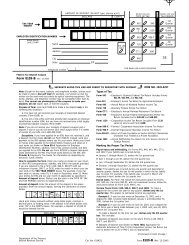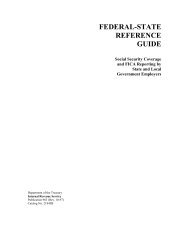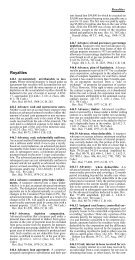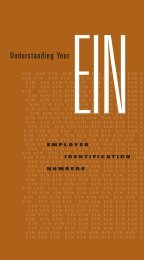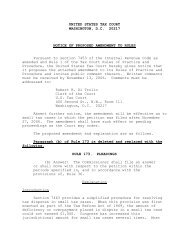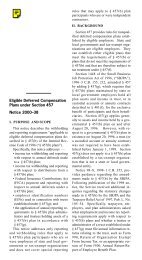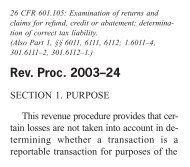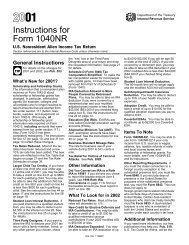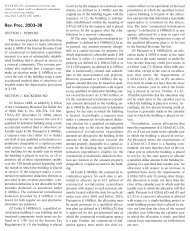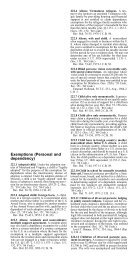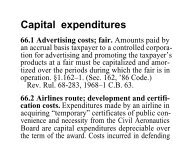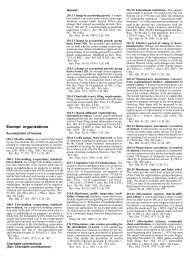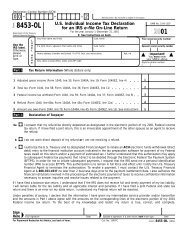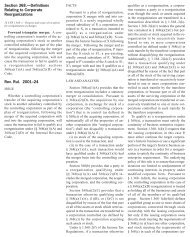Auto Dealerships - Audit Technique Guide - Uncle Fed's Tax*Board
Auto Dealerships - Audit Technique Guide - Uncle Fed's Tax*Board
Auto Dealerships - Audit Technique Guide - Uncle Fed's Tax*Board
Create successful ePaper yourself
Turn your PDF publications into a flip-book with our unique Google optimized e-Paper software.
Chapter 11<br />
Extended Service Contracts<br />
<strong>Dealerships</strong> frequently offer extended service contracts to their customers in connection with the<br />
sale of a vehicle. Extended service contracts provide for repairs to covered vehicle components<br />
during a designated term. The dealership often sells more than one type or brand of service<br />
contract and may be either the "principal" / "obligor" or an "agent."<br />
If the dealer is an agent of the administrator, insurer, or other party, the contract will contain<br />
language that indicates that the contract is between the vehicle purchaser and the other party, not<br />
the dealership. The contract administrator may also be named in the contract.<br />
If the dealer is the principal, the contract will contain language indicating that the contract is<br />
between the dealer and the vehicle purchaser. The contract may also contain language indicating<br />
the administrator and the party that insures that dealer’s interest. In addition to the vehicle service<br />
contract, other documents are important to the extended service contract program. Other<br />
documents include an administrator agreement and an insurance policy.<br />
Regardless of whether the dealer acts as an agent or the extended service contract is a dealer<br />
obligor plan, the administrator generally provides the vehicle service contract documents.<br />
All contracts related to the service contract plan must be examined too determine whether a<br />
dealership is an agent or principal. Proper tax treatment of extended service contracts depends on<br />
an accurate determination of who is obligated under the contract.<br />
Agent versus Principal/Obligor<br />
A dealer can market aftersale products as either an agent or as a principal. Dealers sometimes<br />
attempt to structure these transactions so they will be classified as agents due to the favorable tax<br />
treatment.<br />
What an agent or principal/obligor is in the context of the sale of extended service contracts can<br />
be loosely defined as follows:<br />
1. Agent<br />
An agent is one who sells the products of a third party insurer without assuming the legal<br />
obligations or insurance risk of the product sold. The agent receives a fee for the sale and<br />
necessary administrative services rendered. The activities of an agent are not strictly limited<br />
to sales of insurance. In the past, some dealerships were selling factory extended "warranties"<br />
as agents for a product that was not then considered by the parties to be an "insurance"<br />
product.<br />
11-1



